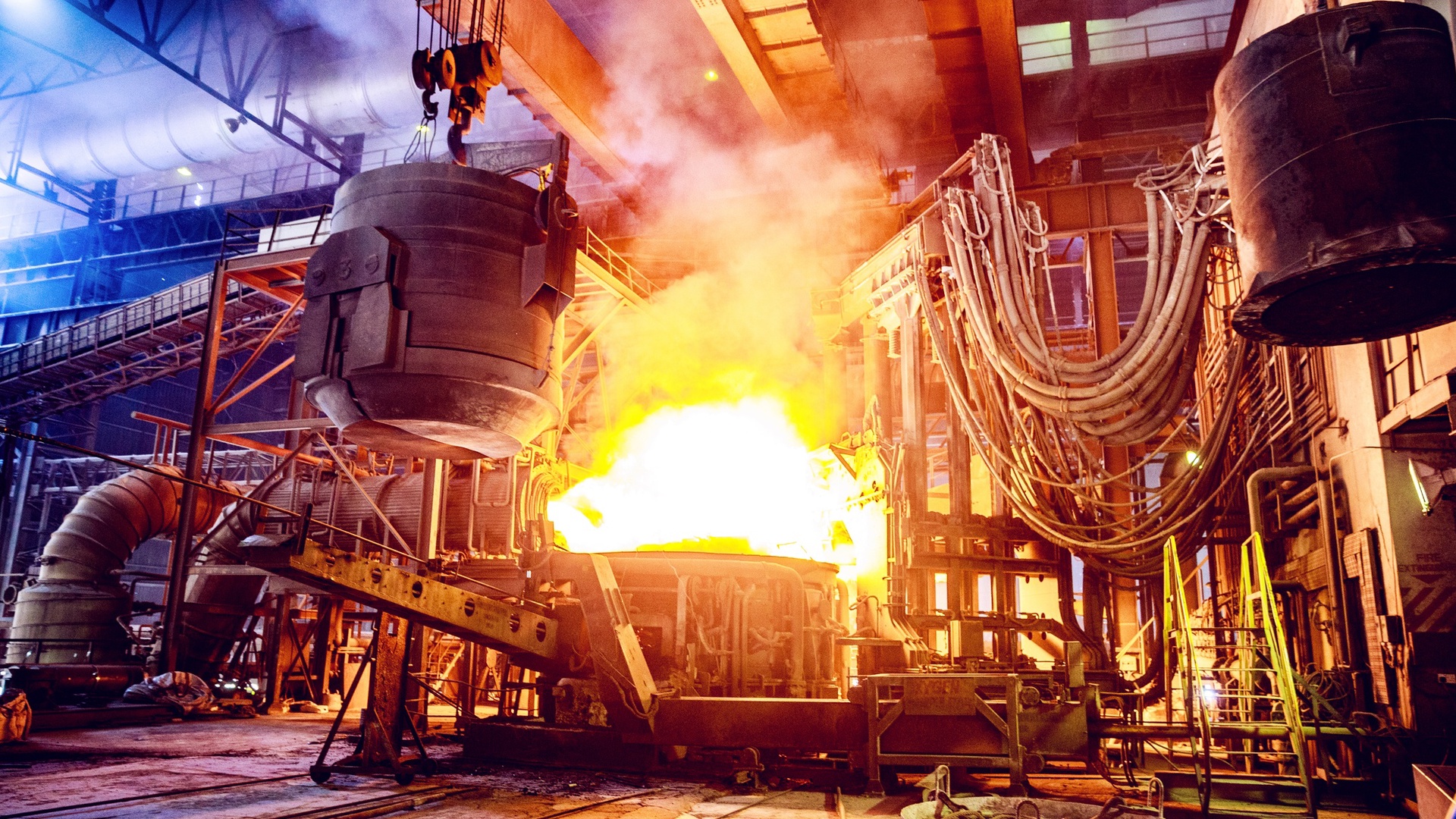

The US-China trade war has escalated over the years, moving from tariff disputes to a fierce competition for technological and geopolitical dominance. One of the most significant battlegrounds in this conflict is the control of critical minerals, which have become a central point of leverage for both nations. The strategic use of export controls has emerged as a key instrument in this ongoing battle, and both the US and China have increasingly relied on these measures to assert their influence and protect national security interests.
Critical minerals, such as rare earth elements, gallium, germanium, and antimony, are essential for the development of advanced technologies, including semiconductors, electric vehicles (EVs), solar cells, defense systems, and military hardware. These minerals are crucial for powering sectors that form the backbone of modern economies, from high-tech industries to military advancements. As both the US and China compete for supremacy in these sectors, access to these materials has become a key strategic asset.
China, in particular, has established itself as a dominant force in the global mineral supply chain. With control over 60% of rare-earth and critical-mineral production and around 80% of international mineral processing, China holds a near-monopoly over the resources required to fuel advanced technological development. This gives China significant leverage, as nations such as the US, Japan, and members of the European Union are heavily dependent on Chinese resources to sustain their tech industries and military capabilities.
China’s approach to export controls has evolved. Initially, these restrictions were intended to intimidate other countries, but over the years they have become a more deliberate and calculated instrument in Beijing’s foreign policy arsenal. A key example of this shift is China’s decision in August 2024 to restrict the export of antimony, a critical mineral used in military technologies like missiles, infrared sensors, and nuclear weapons. This decision, which Beijing justified on national security grounds, continues a pattern of Chinese export controls designed to remind the world of its control over the global supply of strategic minerals.
The use of mineral resources as a political tool first gained widespread attention in 2010, when China halted exports of rare earth elements to Japan following a maritime dispute. This incident sparked international concerns about the world’s reliance on China for critical minerals and set the stage for the use of these resources in geopolitical negotiations. More recently, China has expanded its use of export controls in response to US policies, particularly after the US imposed sanctions on Chinese technology companies and restricted access to advanced semiconductor manufacturing equipment.
In 2023, China responded to US actions by curbing exports of gallium and germanium, which are critical for producing solar cells and computer chips. Similarly, after the US imposed controls on semiconductor equipment, China restricted exports of high-purity synthetic graphite and natural flake graphite, both of which are essential for electric vehicle batteries and fuel cells. These measures demonstrate China’s willingness to weaponize its critical mineral supply to retaliate against perceived threats, undermining the technological and industrial development of its rivals.
The increasing use of export controls by both the US and China signals a new phase in the trade war, one where the battle for control over critical minerals plays a pivotal role in determining global technological and military superiority. For China, export controls serve as a reminder to the West of its strategic dependency on Chinese resources, and Beijing is willing to exploit this leverage to further its geopolitical goals.
For the US, export controls have become a crucial component of its strategy to counter China’s technological rise and safeguard its national security interests. By restricting China’s access to critical resources, the US aims to slow down the development of China’s high-tech sectors, particularly in defense and artificial intelligence. At the same time, the US is seeking to build alternative supply chains and reduce its reliance on China, which could lead to tensions with close partners such as Canada, South Korea, and Japan, which are also key suppliers of critical minerals.
As the US and China continue to maneuver for dominance in critical industries, export controls will likely remain a key tool in their geopolitical strategies. China’s decision to restrict the export of antimony and other critical minerals demonstrates its growing willingness to use mineral resources as a means of exerting political and economic pressure. Similarly, the US’ push to secure a domestic supply of critical minerals signals that both nations recognize the strategic importance of these resources in the 21st century.
Looking ahead, the trade war between the US and China is unlikely to abate anytime soon. As both nations seek to assert their dominance in technology, defense, and resource control, export controls will remain a powerful instrument in their arsenals, shaping global supply chains and geopolitical alliances for years to come.